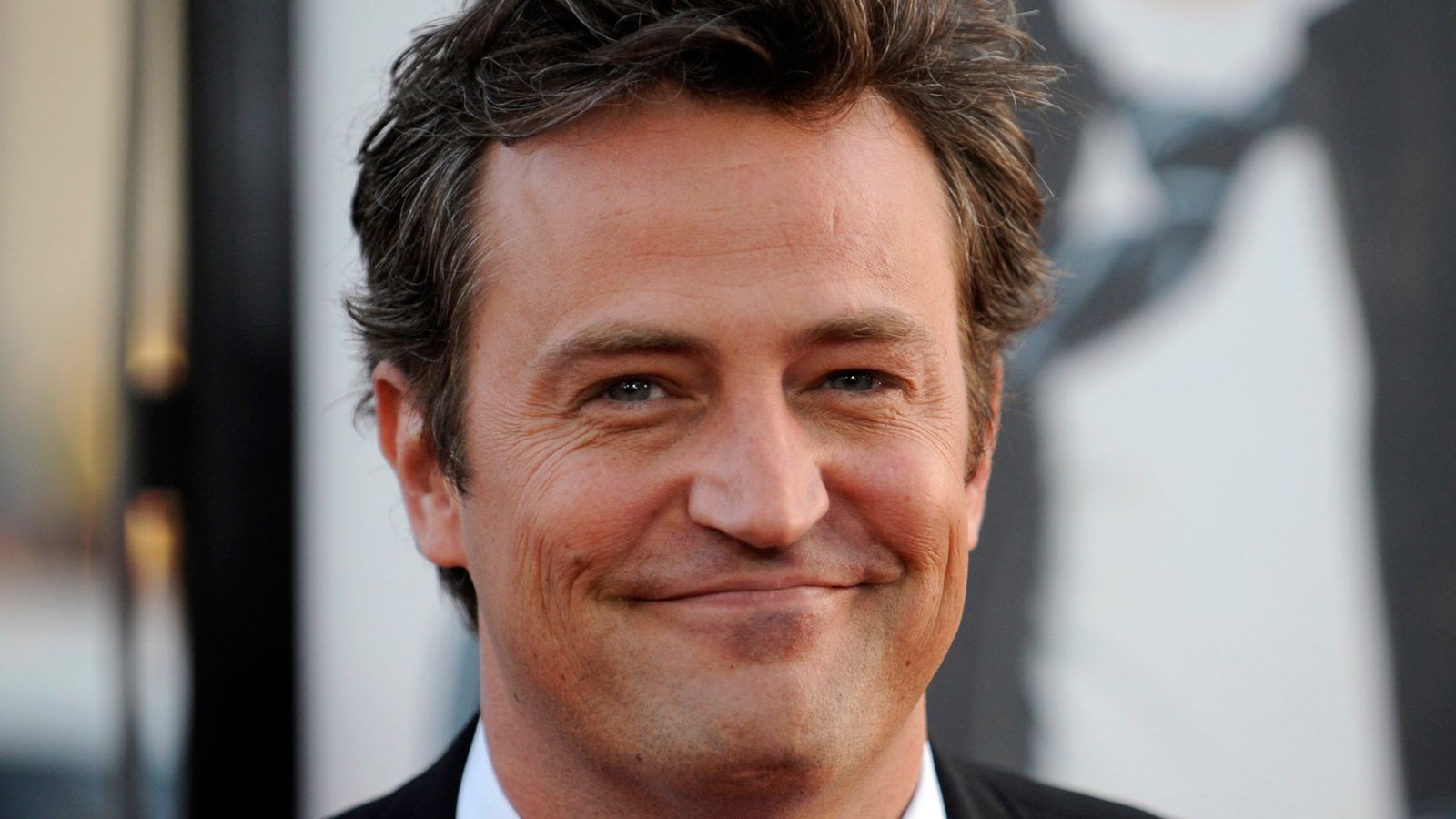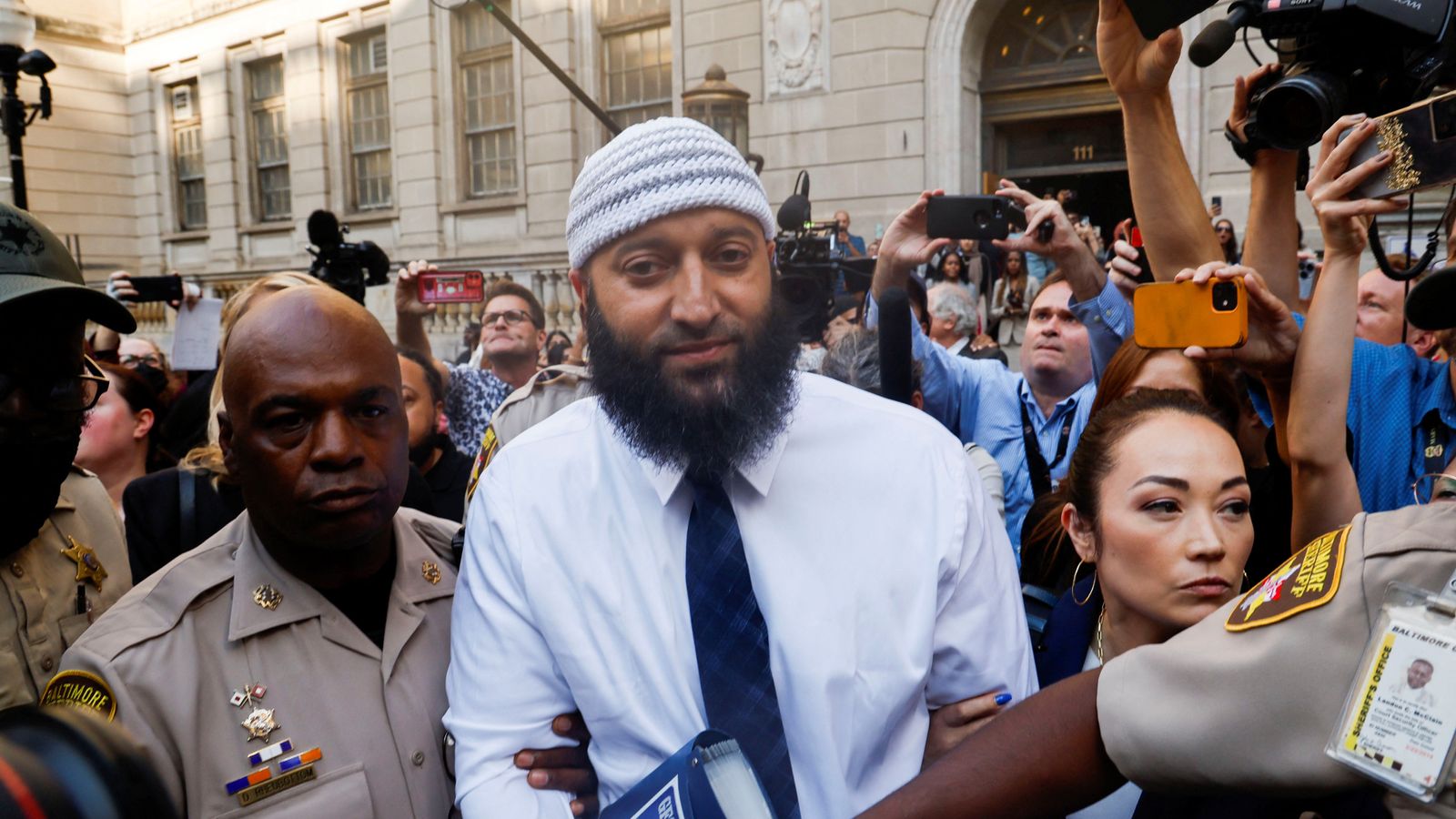Vladimir Putin is “probably too healthy”, the head of the CIA has said, playing down rumours the Russian president is suffering a serious illness such as cancer.
William Burns, in a rare public appearance, also said Russia’s leader would be proved wrong in a belief he can win a bloody war of attrition against Ukraine – as he had previously been proved wrong to assume his forces could capture Kyiv within the first few days of the invasion.
Covering a range of topics at a security forum in Aspen, Colorado, the spymaster spoke about China, warning that the risk of Chinese forces invading Taiwan will grow this decade.
He said Chinese President Xi Jinping’s determination to assert control over the territory should not be underestimated.
Mr Burns was asked if he thought Mr Putin was unstable and unhealthy.
“As far as we can tell he’s probably too healthy,” Mr Burns said, before quipping that this was an “informal intelligence judgement”.
The CIA chief, also a former US ambassador to Moscow, has watched and dealt with Mr Putin for more than two decades.
He said the president believed his destiny was to restore Russia as a great power. Key to this was control of Ukraine.
Offering the US intelligence community’s latest estimate of the casualty toll from Russia’s invasion, which is nearing the end of its fifth month, Mr Burns said it stood at around 15,000 Russian dead and some three-times that number wounded.
He said the Ukrainian toll was also steep – “probably a little less” than the Russian figures.
Read more: Russia ‘laying the groundwork’ to annex territory under its control
The CIA director predicted that the Kremlin would grind on with a war of attrition in the belief that the West’s will to support Ukraine would falter.
But he said Mr Putin had miscalculated with his initial invasion plans, failing to seize Kyiv in a lightning strike, and would be proved wrong again.
“He insists that Ukraine is not a real country, but real countries fight back.”
Subscribe to the Ukraine War Diaries on Apple Podcasts, Google Podcasts, Spotify and Spreaker
Responding to questions from NBC’s Chief Foreign Affairs Correspondent, Andrea Mitchell, at the annual Aspen Security Forum, Mr Burns talked about another major challenge – China and in particular the fate of Taiwan.
President Joe Biden is expected to speak with his Chinese counterpart in the coming days at a time of simmering tensions between the world’s most powerful nations, particularly over the fate of democratically ruled Taiwan.
The US leader has said America would intervene militarily if China attacks Taiwan.
Mr Burns said such engagement was important given the “complicated and dangerous rivalries”.
“I would not underestimate President Xi’s determination to assert the People Republic of China’s control over Taiwan,” the CIA chief said.
“I think he is determined that his military has the capability to undertake such an action should he decide to move in that direction [in terms of using military force].
“I think the risk of that becomes higher, it seems to us, the further into this decade that you get.”
Read more: China is biggest ‘game-changing challenge’, MI5 and FBI heads warn
Mr Burns said China’s political and military leaders seem “unsettled to some extent” about how Russia’s attack on Ukraine has gone, especially during the first weeks.
This was because of Russia’s faltering military performance, the impact of the war on the world economy and how Putin’s actions have driven European allies closer together with the US.
At the same time, China is trying to learn from Russia’s invasion with a view on its plans for Taiwan.
“I think our sense is it [the lessons from Russia’s war] probably affects less the question of whether the Chinese leadership might choose force down the road to control Taiwan, but how and when they would do it,” the CIA director said.
In terms of lessons, Mr Burns said: “I suspect the lesson the Chinese leadership and military are drawing is you have got to mass overwhelming force.”
Beijing would also need to shape global opinion in favour of any offensive, protect its economy from the impact of sanctions and try to fracture relations between the US and countries in the Indo-Pacific region.





